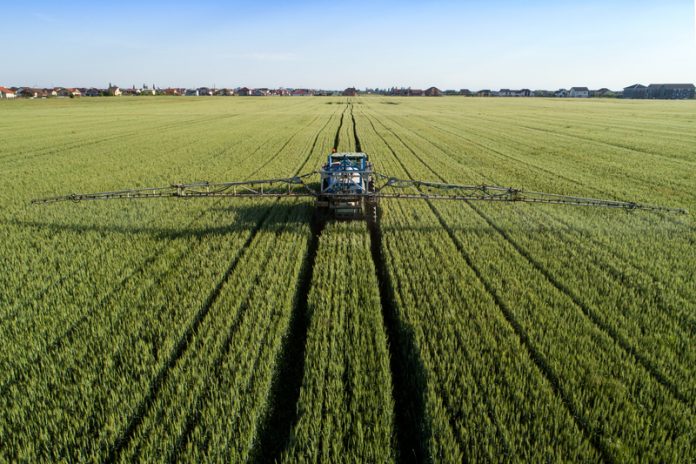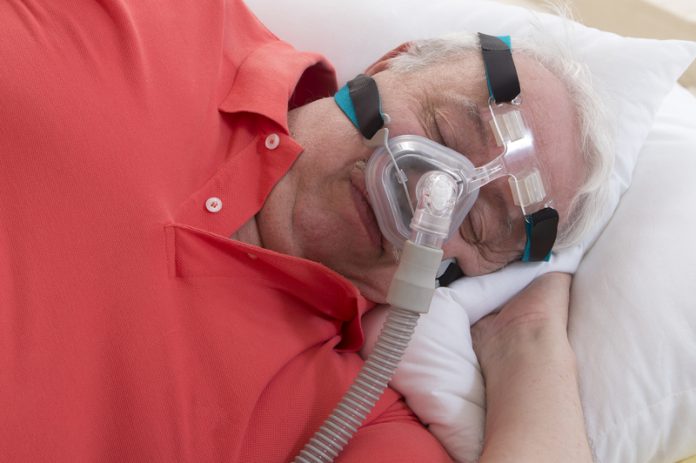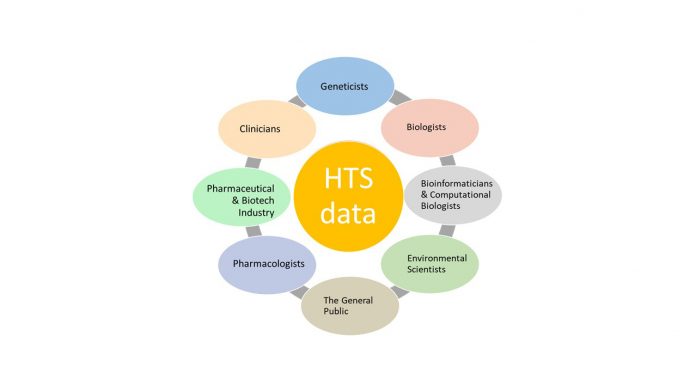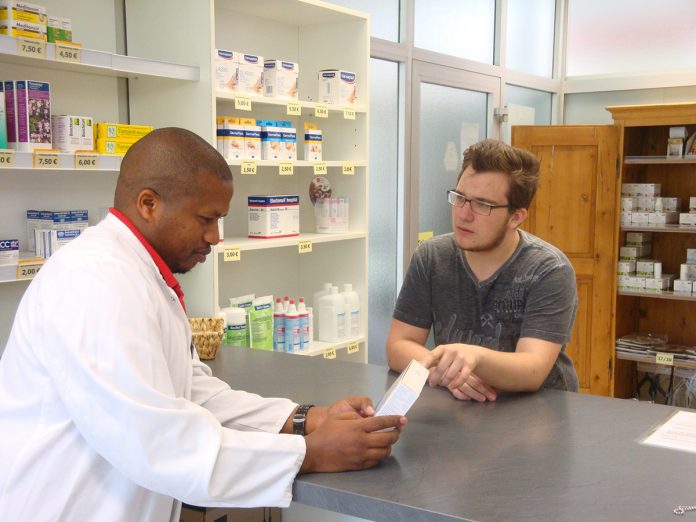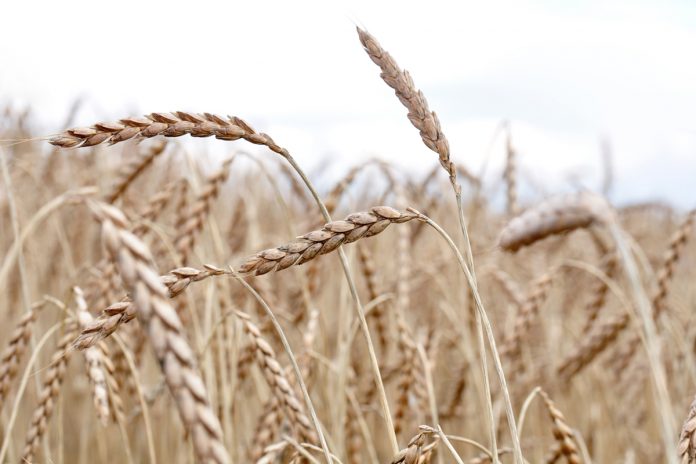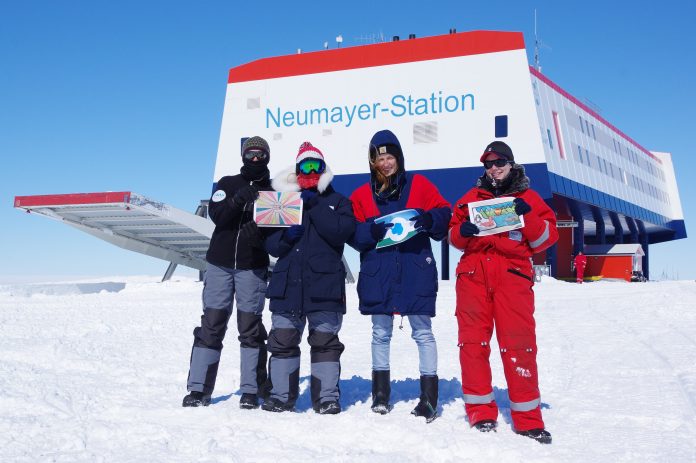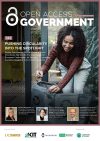Home Search
knowledge - search results
If you're not happy with the results, please do another search
Increasing the quality of higher education and research
Torbjørn Røe Isaksen, former Minister of Education and Research reveals his ambitions to increase the quality of higher education and research in Norway
These are interesting times for education, research and innovation policy. Policy development is taking place against a backdrop of an increasingly volatile world, with climate change, an...
The Finnish Allergy Programme 2008-2018: Reducing the burden of allergy in both patients and...
Managing director of the Finnish Allergy, Skin and Asthma Federation, Ilkka Repo explores The Finnish Allergy Programme 2008-2018 and what it sets out to do
The Finnish Allergy Programme 2008-2018 was initiated to reduce the burden of allergy in both patients and society. The set-up of the programme was unique....
County councul offers views on developing local labour market strategies
Cllr Simon Henig, County Councils Network spokesman for Industrial Strategy & Growth and leader of Durham County Council offers his views on developing local labour market strategies
Localis’ recent report, ‘In Place of Work’, paints a challenging picture for growth in England’s county areas. It identifies three main issues that,...
Can Open Data Feed the World?
Jaime Adams at U.S. Department of Agriculture explores the role of open data technology and if this can help feed the whole world
Over 7.4 billion (1) people currently inhabit the Earth and an estimated 800 million (2) go to bed hungry every night – predominantly women and children. Experts...
EUFAR – Looking to the future of airborne environmental research in Europe
Philip R.A. Brown from EUFAR AISBL at the UK’s Met Office takes us on a journey to explore the exciting future of airborne environmental research in Europe today
Instrumented aircraft are an important scientific tool, allowing researchers to observe the atmosphere and land and ocean surfaces in support of a...
What is developmental biology and why is it important?
Andreas Prokop from the British Society for Developmental Biology explores how developmental biology (DB) addresses questions of societal importance
The life science discipline Developmental Biology (DB) aims to understand the processes that lead from the fertilisation of an egg cell (or equivalent) to the formation of a well-structured and functional...
Nanomaterials in the semiconductor industry: An end-user industrial perspective
Dr. Dimiter Prodanov from Imec gives an end-user industrial perspective on the vital role of nanomaterials in today’s semiconductor industry and their safe use
Nanomaterials are broadly defined as those materials that have a certain percentage of particles at the nanoscale, between 1 and 100 nanometres1. While the size cut-off...
Technology interventions to address dyspnoea: Point-of-care lung ultrasonography
Cecilia Van Cauwenberghe from Frost & Sullivan’s TechVision Group highlights technology interventions that address dyspnoea – focussing on point-of-care lung ultrasonography
The Murray and Nadel’s Textbook of Respiratory Medicine (Schwartzstein and Adams, 2016), etymologically defines dyspnoea from the Greek dys (painful, difficult) and pneuma (breath). Clinically, dyspnoea constitutes a medical...
Can the UK be a global leader in battery storage?
Senior market research analyst at BSRIA Ltd, Henry Lawson provides an expert perspective on the potential for battery storage in the UK today
In a speech in November 2017, the UK Energy Secretary Greg Clark set out an apparently ambitious vision of UK energy policy in general and for battery...
We live in a digital world, but are our children ready for it?
Julia Adamson from BCS, The Chartered Institute for IT explores today’s digital world and asks if our children ready for it
The Autumn 2017 Budget recognised that the UK’s future prosperity, growth, productivity, exports and ability to attract inward investment all depend on how the nation responds to the challenges...
Moving towards clinical applications of genomics (The TrainMALTA project)
Rosienne Farrugia from the University of Malta explores the role of high throughput sequencing (HTS) in rare and complex diseases, including the move towards the clinical applications of genomics
High throughput sequencing (HTS) is poised to play an ever increasingly central role in the elucidation of the causes of both...
Learning from the past: technologies from GM to big data
Katherine Mathieson, Chief Executive of the British Science Association explores what we can learn from the GM story when introducing new technologies
How do we get the public on board with big data? Technologies that have the power to improve our society can be rejected, because of the fears that...
Smart city strategies from around the world
Rushi Rama from Future Cities Catapult gives a fascinating overview of smart city strategies from around the world
The use of technology is changing everyday life for people in cities and how the city is evolving to meet their needs. This is nothing new, we only need to see how...
Decisions around a changing climate
Director of the Climate Service Center Germany (GERICS), Prof Dr Daniela Jacob outlines the fundamentals of climate change and what it could look like in the future
A lack of accessible, policy-relevant and targeted information on the climate and potential future climate change remains prevalent in many regions of the...
Distributed ledger Blockchain technology for the financial services industry
We interviewed R3’s Chase Gordon to learn about cutting-edge distributed ledger technology for businesses in the financial services industry today
R3 builds cutting-edge distributed ledger technology for businesses. Corda, an enterprise-grade, blockchain-inspired DLT platform was designed by and for the financial industry, with input from over 100 banks, financial institutions,...
From Rwanda into the clinical pharmacy in the Palatinate
As part of their partnership, Rhineland-Palatinate region of Germany and Rwanda foster the exchange of knowledge in hospital management, medical professions and psychiatric care by funding mutual visits of their local experts as this profile reveals
In the course of this exchange, two young scholarship holders visited Pfalzklinikum, service provider...
Improving job search through better information: A low-cost approach
This article by Philipp Kircher at the European University Institute and University of Edinburgh, outlines how the internet can be used to provide information to jobs seekers in a way that changes how they seek work
Getting unemployed people into work is a major policy concern. Among the multiple ways...
New markets for traditional cereal varieties
Bernadette Oehen and Martina Eiseltová from HealthyMinorCereals.eu shares their thoughts on new markets for traditional cereal varieties
The diversity of cultivated cereal species and varieties has been severely reduced over the past 50 years. Even though there are regional differences, common wheat, grain maize and barley are the most common...
A call for international research and funding on locusts
Dr. Hojun Song from the Department of Entomology, Texas A&M University explores the future for international research and funding on locusts swarms in the U.S. and Europe
Locust swarms darkening the sky may be mere stories in the Bible for most people living in the U.S. and Europe, but to...
Polar science communication: From North to South
A group of seasoned experts from the UK Polar Network shed light on the wonders of polar science communication from North to South
The Earth is currently experiencing rapid changes in climate, driven by the anthropogenic emission of greenhouse gases into the atmosphere. The polar regions are uniquely sensitive to...





